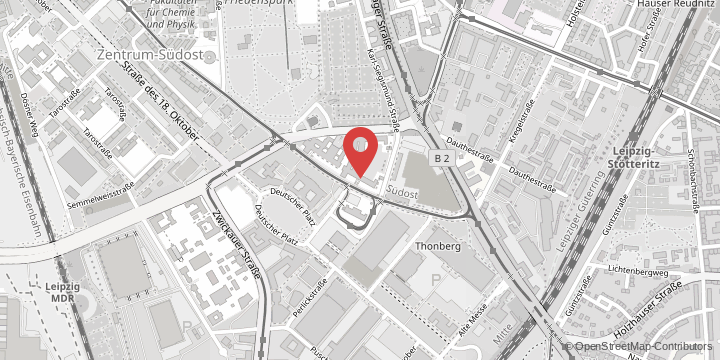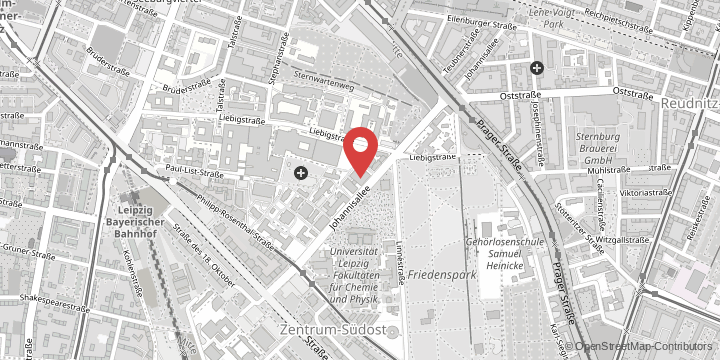By taking a global and interdisciplinary approach that also looks at history in different periods, the researchers succeed in overcoming conventional views of secularisation, secularism and secularity. Professor Kleine explains: “Our research allows us to look at religion and secularity from different angles. We want to understand how societies in different parts of the world have demarcated religious and secular spheres of activity, institutions, ideas and norms, and thus institutionalised a particular form of secularity. And we believe that such distinctions are made not only in Western modernity, but in many cultures and epochs, albeit in very different ways. That is why we speak of multiple secularities.” In this respect, the interdisciplinary research team differs from conventional academic approaches, which are often based on modernisation theory, evolutionary, ethnocentric or normative approaches: “Instead, what we offer is a global perspective that takes a broader view of the issue. By integrating a variety of historical and regional contexts, we can also find historical explanations of the reasons for the diversity of secularities in the present.”
What is particularly remarkable about the “Multiple Secularities – Beyond the West, Beyond Modernities” Centre for Advanced Studies in Humanities and Social Sciences is its diversity. Some 70 scholars from around the world have studied the diversity of secularities and their manifestations in different cultures and regions – with very different results. However, one conclusion can be drawn for all of them: “While the differentiation between the religious and the secular varies greatly in different societies and is often highly controversial or even questioned, it is established everywhere in some way. And the way in which boundaries are drawn, particularly between religious and secular stakeholders, is very often a source of conflict and tension. This is very often about who has the power of interpretation and control over questions of gender relations, family policy and sexual norms,” says Christoph Kleine.
After the end of the second and final DFG funding period for the CASHSS in March 2024, Christoph Kleine plans to continue investigating related questions within the framework of a Käte Hamburger Kolleg. This promises further fascinating insights into the complex world of conflicting systems of knowledge and norms, and the impact of these conflicts on societies worldwide.
Final conference
The “Multiple Secularities – Beyond the West, Beyond Modernities”, Centre for Advanced Studies in Humanities and Social Sciences has been funded by the DFG since 2016. The final conference on the results and perspectives of the project will take place from 12 to 14 October.
About Professor Kleine
Professor Christoph Kleine has been Professor for the History of Religions with a focus on Buddhism at Leipzig University since 2008 and is currently co-spokesperson of the “Multiple Secularities – Beyond the West, Beyond Modernities” Centre for Advanced Studies in Humanities and Social Sciences. He is also vice-chairman of the German Association for the Study of Religions (DVRW) and editor of the Zeitschrift für Religionswissenschaft. He also contributes his scientific expertise to the New Global Dynamics Cluster of Excellence project at Leipzig University.
































































